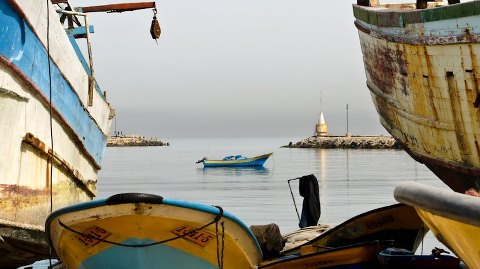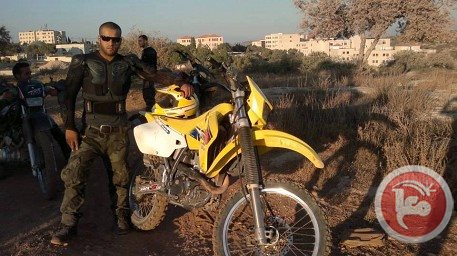Year: 2013
-
Palestinian fisherman injured and his finger amputated as Israeli naval troops fire at fishing boat in Gaza sea
21st September 2013 | Palestinian Centre for Human Rights | Gaza, Occupied Palestine On Wednesday, 18 September 2013, a Palestinian fisherman was injured and consequently one of his fingers was amputated when Israeli naval troops opened fire at Palestinian fishing boat on board of which 5 fishermen were sailing nearly 6 nautical miles off Gaza Harbour. The…
-
Israeli forces use excessive force killing Palestinian civilian and wounding 4 others, including 3 children, in Jenin refugee camp
18th September 2013 | Palestinian Centre for Human Rights | Jenin, Occupied Palestine In an excessive use of lethal force, on Tuesday morning, 17 September 2013, Israeli occupation forces killed a Palestinian civilian and wounded 4 others, including 3 children, in Jenin refugee camp in the northern West Bank. According to investigations conducted by the Palestinian Center…
-
Israel exploits Egypt turmoil to increase attacks on Gaza farmers
18th September 2013 | The Electronic Intifada, Joe Catron | Gaza City, Occupied Palestine Farming in the Gaza Strip’s “buffer zone” is hazardous under the best circumstances. Israeli troops routinely shoot live ammunition at Palestinian farmers in the free-fire area, which stretches hundreds of meters into the besieged territory from the barrier separating it and Israel, and invade their fields…



